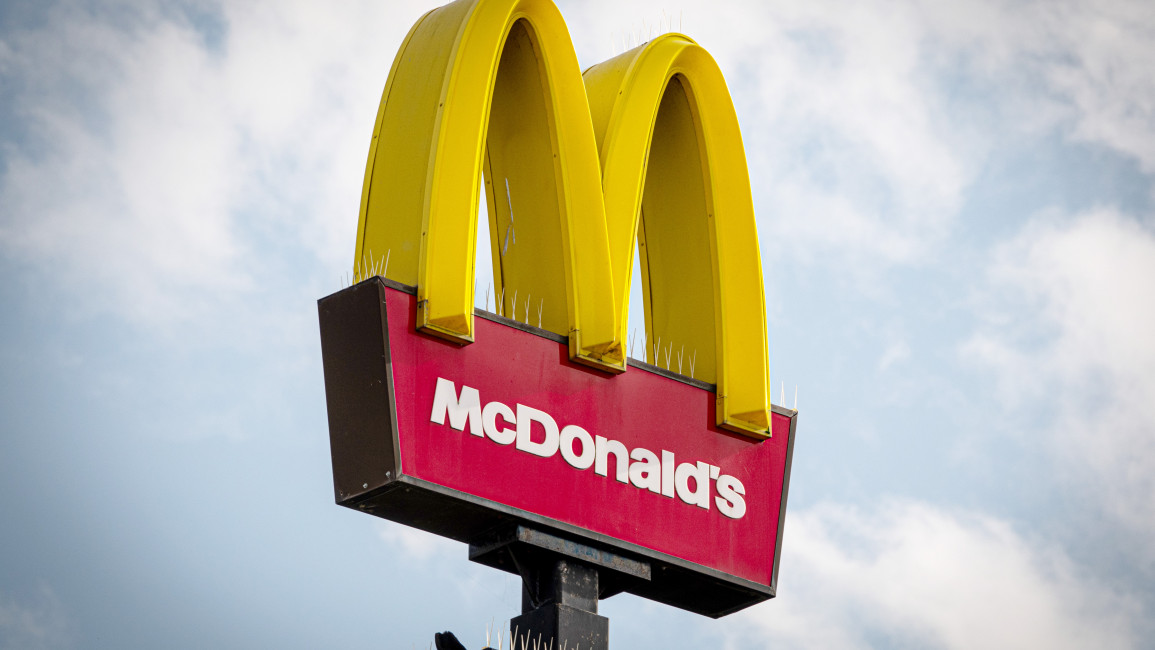McDonald's is reassessing its pricing strategy following a recent dip in sales, driven by customers cutting back on spending. Stores open for at least a year saw a 1% decline in sales from April to June compared to the previous year, marking the first drop since the pandemic.
Despite offering discounts to attract cost-conscious customers and those boycotting the chain over the Israel-Gaza conflict, the fast-food giant experienced a sales downturn. CEO Chris Kempczinski announced a "comprehensive rethink" of pricing to address the issue. The company plans to extend recent promotions, such as a $5 meal in the US and a UK campaign offering three items for £3, and is working with franchisees on additional "value" initiatives.
Following the update, McDonald's shares rose by more than 3%, as Kempczinski expressed confidence in the company's ability to implement the strategy effectively. He emphasized that McDonald's has the scale and expertise to make the necessary adjustments.
The company has faced customer backlash after significant price increases during the pandemic. Last month, the head of US operations responded to complaints with an open letter, arguing that social media painted an inaccurate picture. He noted that the average price of a Big Mac in the US, now $5.29 (£4.11), had risen by 21% since 2019, in line with inflation.
However, Kempczinski acknowledged on a call with investors that the company needs to reclaim its reputation for value. Price increases in response to inflation have led consumers to reconsider their buying habits. While some markets have adjusted, others require a more comprehensive rethink.
Bank of America analyst Sara Senatore pointed out that McDonald's has raised prices on key items faster than its peers, and consumers are aware of this. Although the $5 meal may be changing perceptions, it has not yet resulted in increased transactions.
McDonald's is among several corporate giants warning of slower consumer spending, including in major economies like China. Overall revenue, including sales at newly opened stores, was flat year-on-year, while profits slipped by 12%. The company noted that lower-income customers are particularly affected, and the loss of these buyers has not been offset by wealthier households trading down.
Demand at McDonald's restaurants fell in the US, with weakness in France and price wars in China also impacting sales. Boycott calls over Israel's war in Gaza have also affected the brand in countries like France. Other US companies, including Starbucks, have faced similar issues.
"Consumers are being more discerning about where, when, and what they eat, and we don't expect significant changes in that environment for the next few quarters," a McDonald's executive said on the call.



























